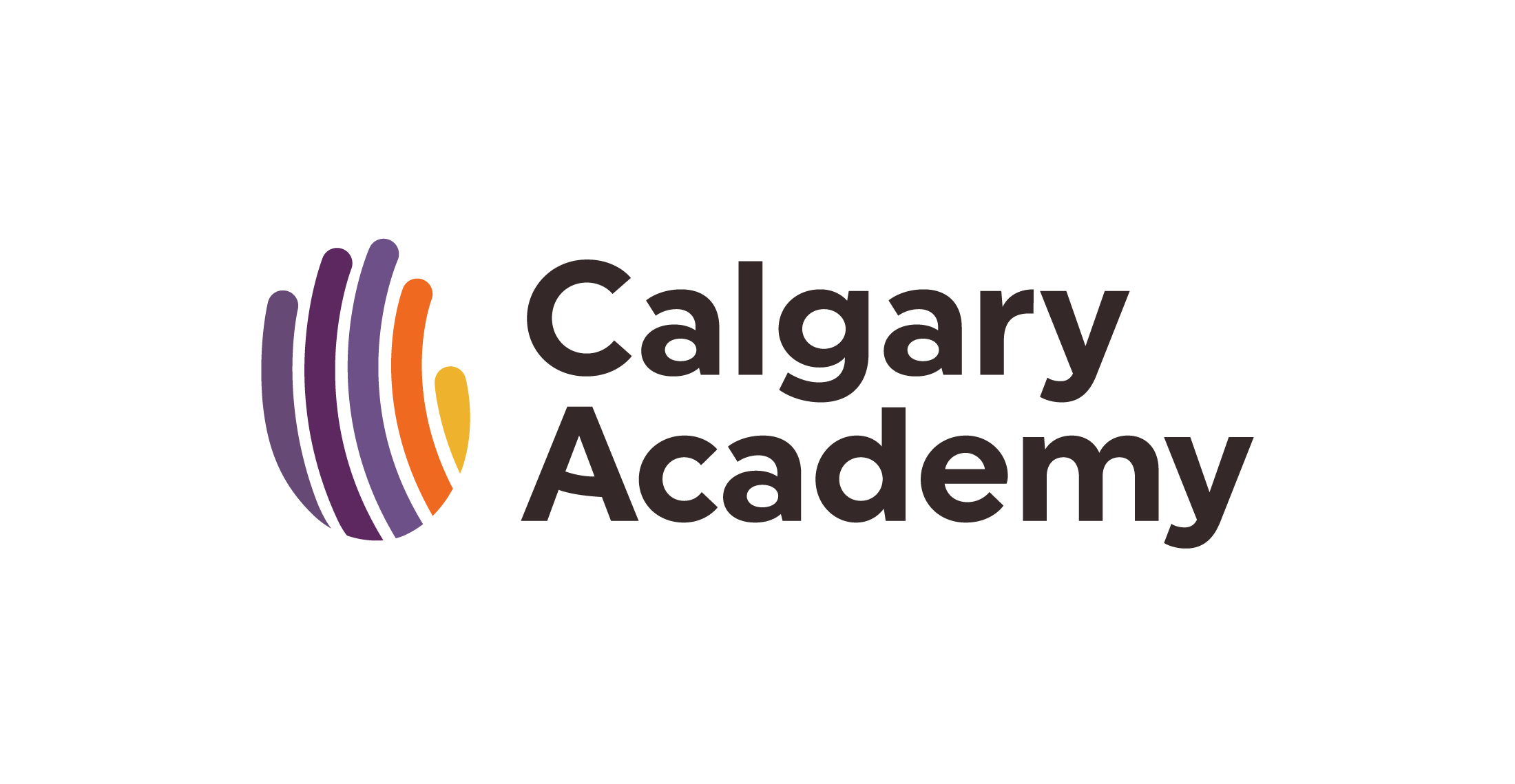Happy November
Our school’s theme this month is Agency and Advocacy. Agency is the ability to act independently, make choices, and assert rights, while self-advocacy is the ability to speak up for oneself and communicate needs. Advocating is one way for our children to develop a sense of agency and feel empowered to make decisions about their own lives.
Self-awareness is a key component to being able to self-advocate. We need to know what we want so we can take steps to fulfill these needs. This is a great visual to start the conversation!
Both agency and self-advocacy need to be taught and practiced, and they can be fostered differently depending on the age and stage of our children. Here are some ideas to consider.
- Talk with your child about what they value. What matters to them? What is important? Why? There are many activities online to facilitate these conversations. For example:
- Let your children do things on their own. Resist the urge to jump in when your child/teen is struggling so that they can build skills, self-esteem, and confidence. This may mean that some tasks take longer, and schedules and routines may need to be extended to allow this independence to grow.
- Give your child and teen chores and responsibilities around the house. Even very young children can have simple and safe chores such as putting their toys away in a designated spot. Expect that they can complete these independently and communicate that belief in their abilities.
- Encourage your children and teens to ask for what they want and need at home and in public. Help children understand and identify what they are feeling and then articulate what they need. Model this behaviour (out in public, this could be something as simple as ordering for themselves at restaurants. For younger children, you may need to role-play what they might say to the server).
- Have conversations with your children about the importance of setting boundaries. Help them understand what healthy boundaries look like with friends, family, and other people in their lives. Encourage them to practice setting and maintaining these boundaries. This document may help.
- Help your child understand their strengths and passions. Provide and pursue avenues that capitalize on these. Is there a team or club that they can join? Are there volunteer opportunities that they could pursue?
- Talk openly and honestly about learning and thinking differences. Help your child and teen understand how their brain works and what brain differences may look like in others.
- If your child has a diagnosis of some kind, help them understand what that diagnosis means. How may this impact them? What are some supports that may help them be more successful at home and at school?
When starting with a new teacher, children can complete a 3X3 card and share it with their teacher(s). - Involve your child in conversations about their IPP. Ask them what strategies they find helpful and teach them how to ask for what they need from their teacher. Practice using these strategies at home so that they feel confident and comfortable using them at school.
- Resist the urge to send an email to the teacher advocating for your child. Instead, encourage your child/teen to talk with their teacher and/or send their own email first (obviously, there may be times when we, as parents, do need to jump in, but hopefully this isn’t the norm).
This article has some excellent tips on developing self-advocacy skills. The suggestions are broken down by age and specific diagnoses. Check it out!
Wellness Updates
Grades K–9
MindUp is in full swing. Students have been learning about their Mindful Brain and the stress response. They have also been practicing ways in which they can better regulate their emotions.
If you have questions about wellness programming in Grades K–9, please reach out to Dylan Dean.
Grades 10–12
Students have been discussing this very topic: Agency and Advocacy. They are exploring their IPP and diving into their learning profile.
If you have questions about wellness programming in Grades 10–12, please contact me.
Counselling Services and Wraparound Support
We continue to have a counsellor supporting the needs of our learners in K-8. If you want to have your child connect with her, please reach out to Jenny.
I am here to support the needs of our Grades 9–12 students. If you want your child to connect with me, please reach out.
Lastly, if you have any questions or concerns regarding your child’s learning journey, you can also reach out to our Director of Learning, Erin Ellis.
Serena Braun
Registered Psychologist

